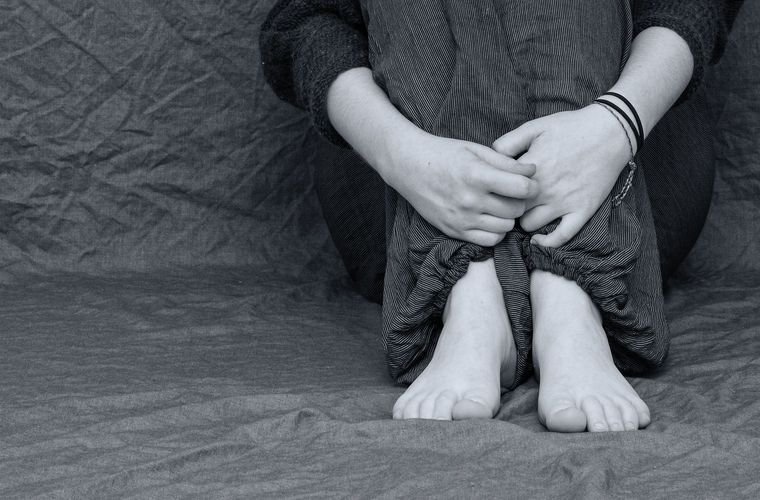Depression has become a more common mental health issue, thanks to the coronavirus pandemic. Researchers from Brown University found that in the first year of the pandemic (2021), 32.8% of American adults experienced elevated depressive symptoms, compared to 8.5% before the pandemic. This significant increase is not surprising, due to the general lack of social interactions, job stress, housing stress, and other factors that individuals now have to deal with due to the virus.
With depression rates continuing to rise, scientists are looking for more new ways to treat this mental health issue. One team from Imperial College London recently tried the controversial psychedelic drug psilocybin as a treatment option, with some surprising results.
Background: Treating Depression
Earlier in 2022, researchers from John Hopkins University were able to show that psilocybin was able to treat some of the symptoms of major depressive disorder in adults for up to a month at a time. However, this experiment was tightly controlled, and the researchers emphasized that other tests were needed to validate psilocybin as an effective treatment method. Additionally, the Food and Drug Administration (FDA) would need to fully clear the drug for commercial use. Because psilocybin gives psychedelic effects to users, such as hallucinations, it may be a while before this drug is accepted by the healthcare community. Yet, researchers are continuing to study it, hoping to help validate its benefits.
Analysis: Improved Brain Connectivity
In their own experiment, researchers from Imperial College London took fMRI scans from almost 60 participants in their study. All the patients received psilocybin as well as talking therapy sessions. Brain scans were taken throughout the entire study to map the effects of the drug on the brain.
From their analysis, the researchers discovered an increase in brain connectivity, specifically between different lobes of the brain that are more segregated in depressed patients. This brain connectivity led to many patients being able to “open up” more in therapy, as well as feel some symptom relief. The researchers found that these benefits continued for up to three weeks afterward, implying that the drug significantly improved the disorder. The researchers published their findings in Nature Medicine.
Outlook: Psilocybin for Other Issues?
While the researchers are hopeful about this drug’s benefits, they know more research needs to be done. According to senior author and professor at the University of California Robin Carhart-Harris: “We don’t know yet how long these changes in brain activity seen with psilocybin therapy last and we need to do more research to understand this.” While the research is still ongoing, the researchers believe that the benefits of psilocybin could be transferred to other mental health issues, not just depression.
“One exciting implication of our findings is that we have discovered a fundamental mechanism via which psychedelic therapy works not just for depression -but other mental illnesses, such as anorexia or addiction,” Carhart-Harris added.
“We now need to test if this is the case, and if it is, we have found something important.”
Kenna Castleberry is a staff writer at the Debrief and the Science Communicator at JILA (a partnership between the University of Colorado Boulder and NIST). She focuses on deep tech, the metaverse, and quantum technology. You can find more of her work at her website: https://kennacastleberry.com/

